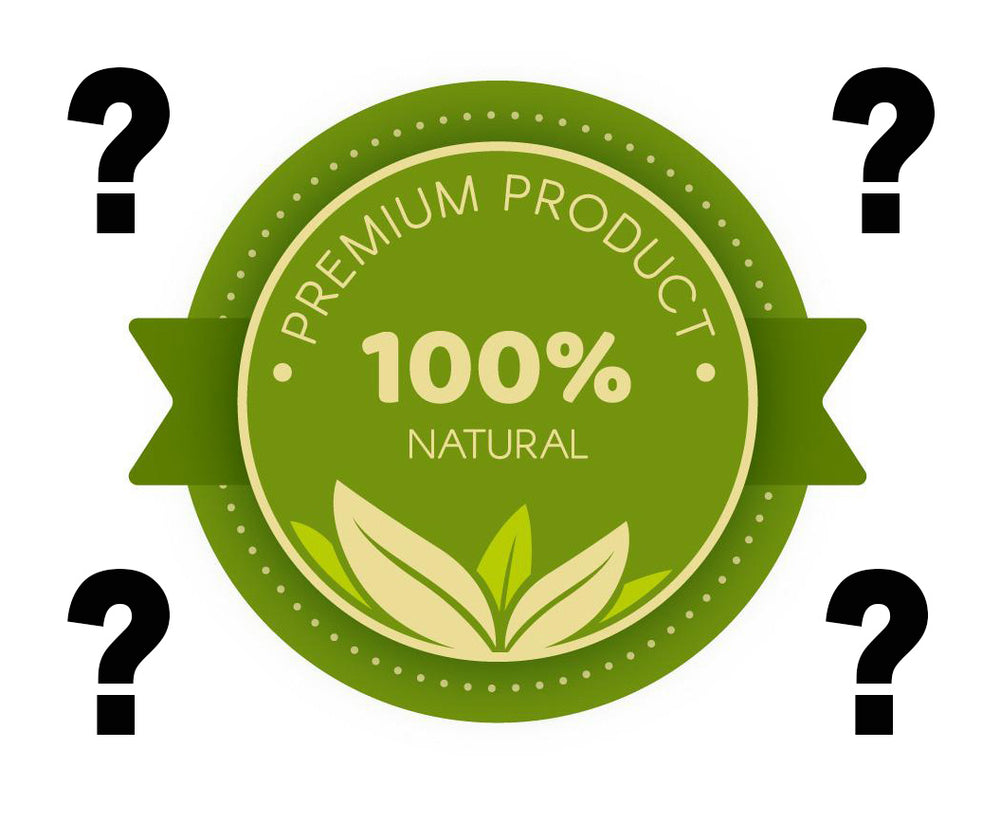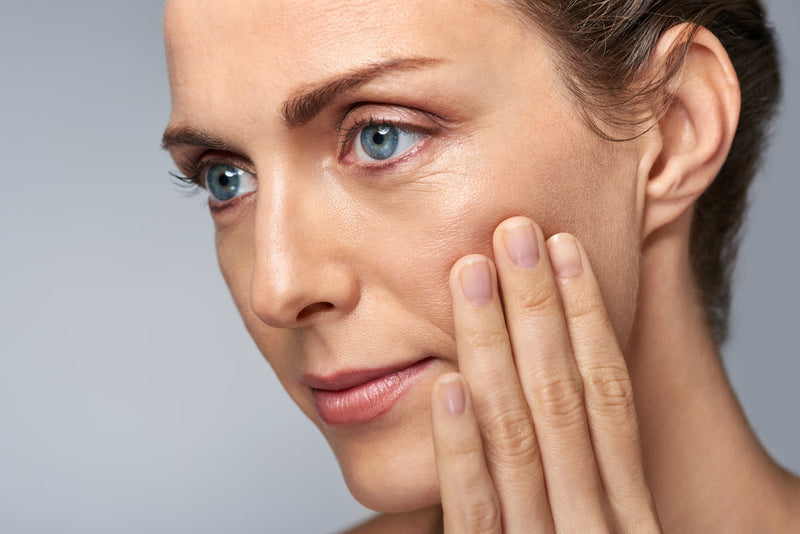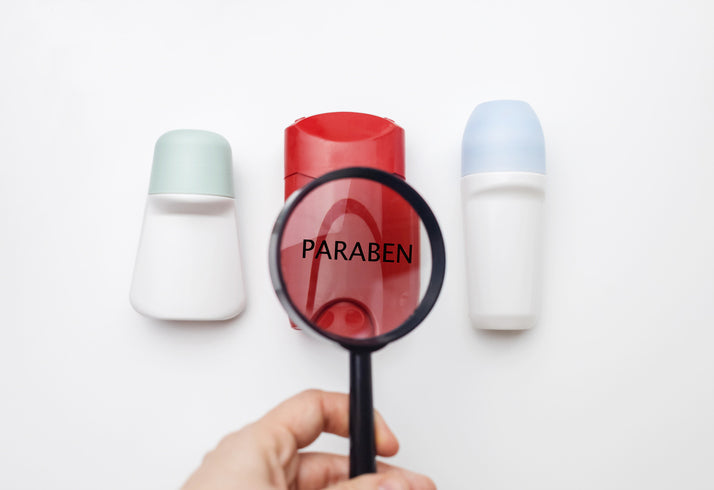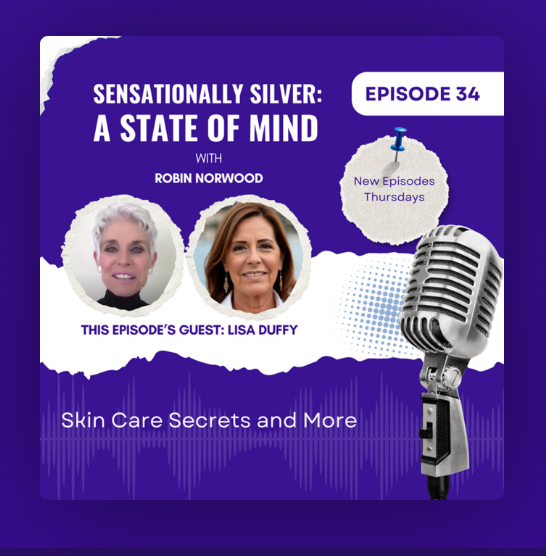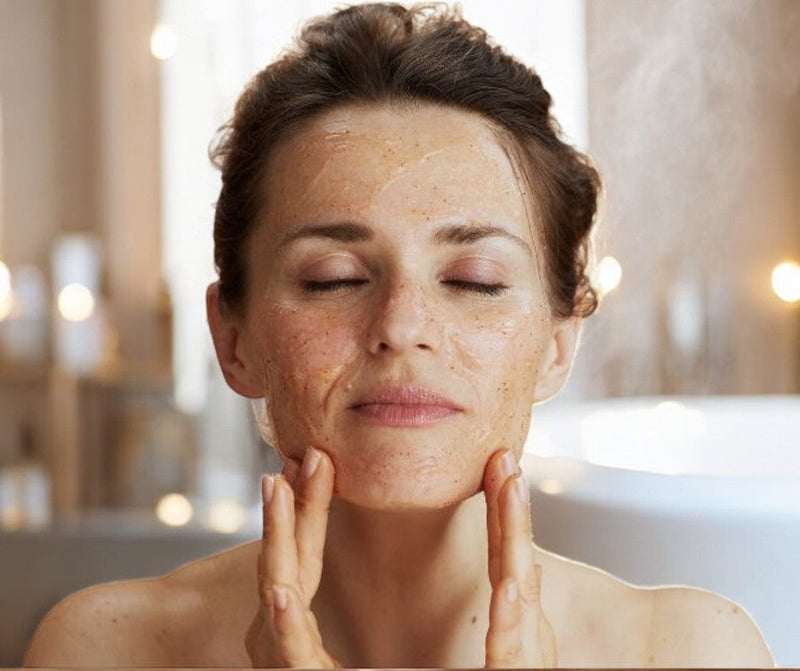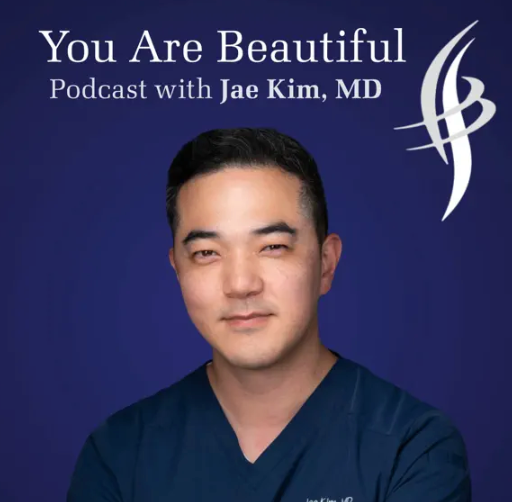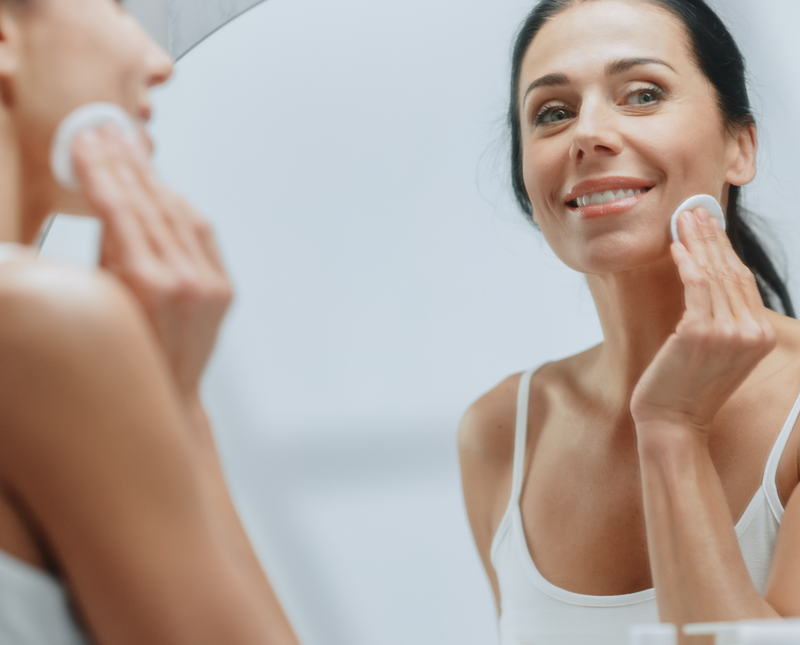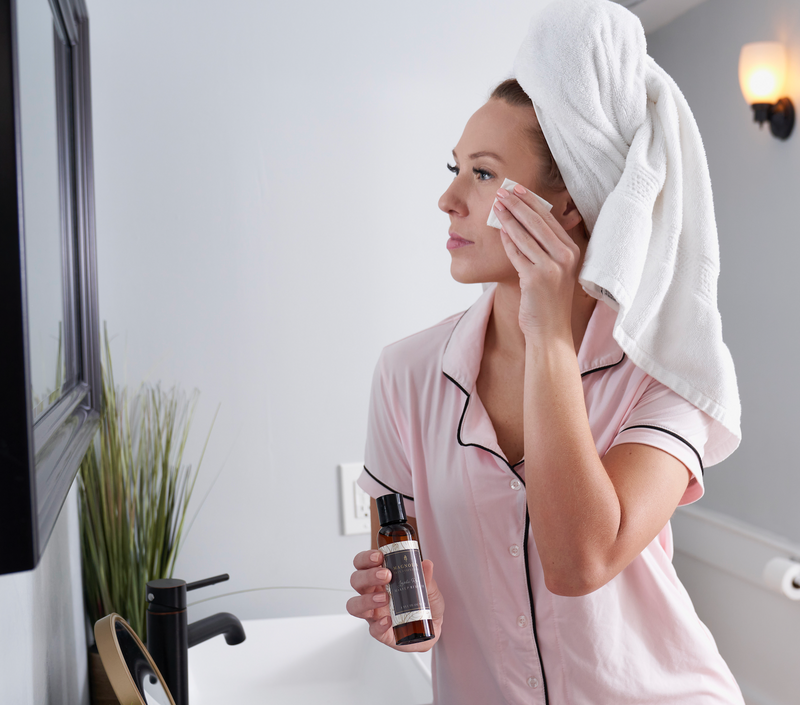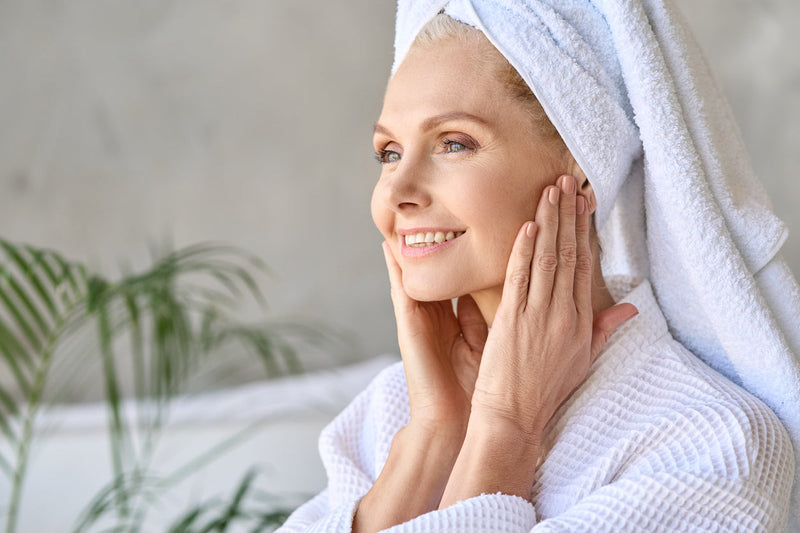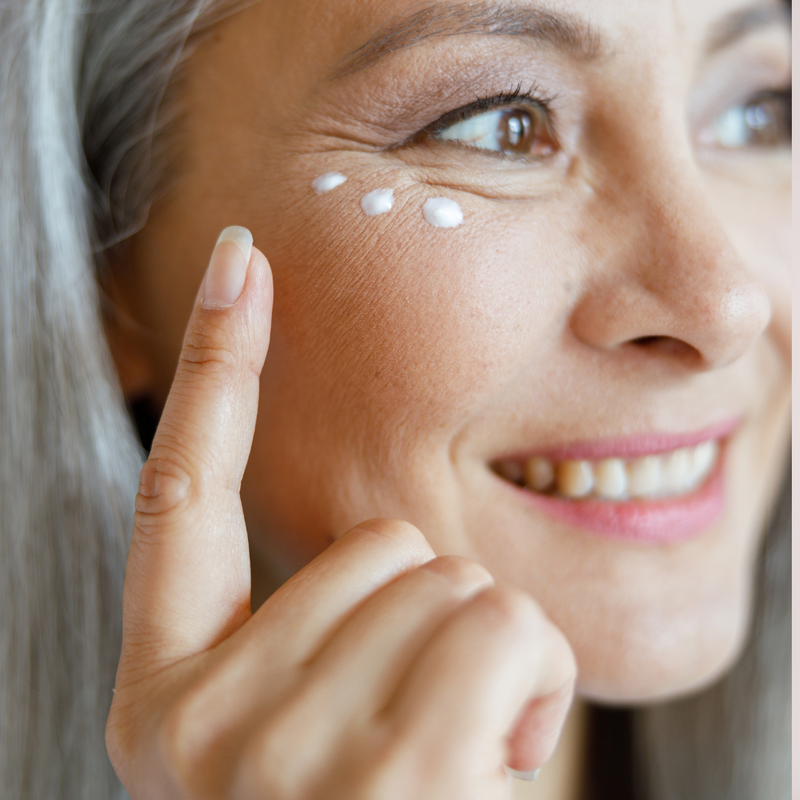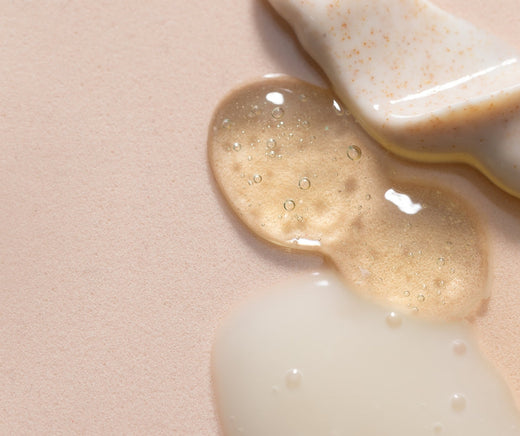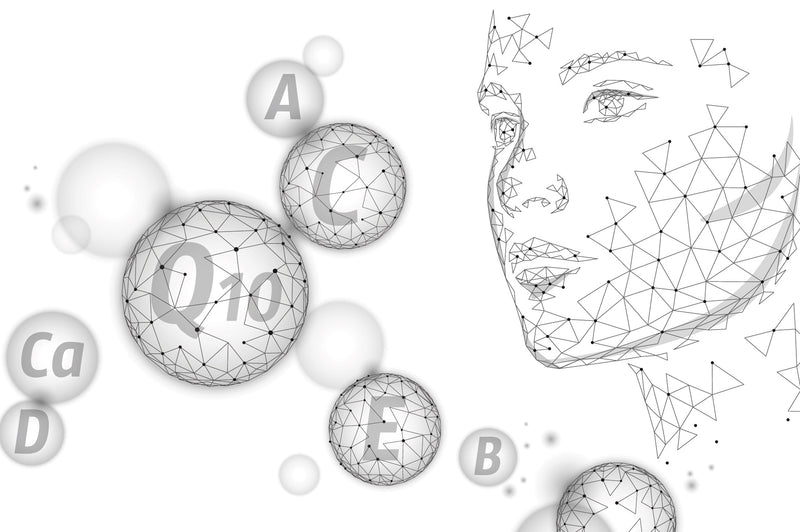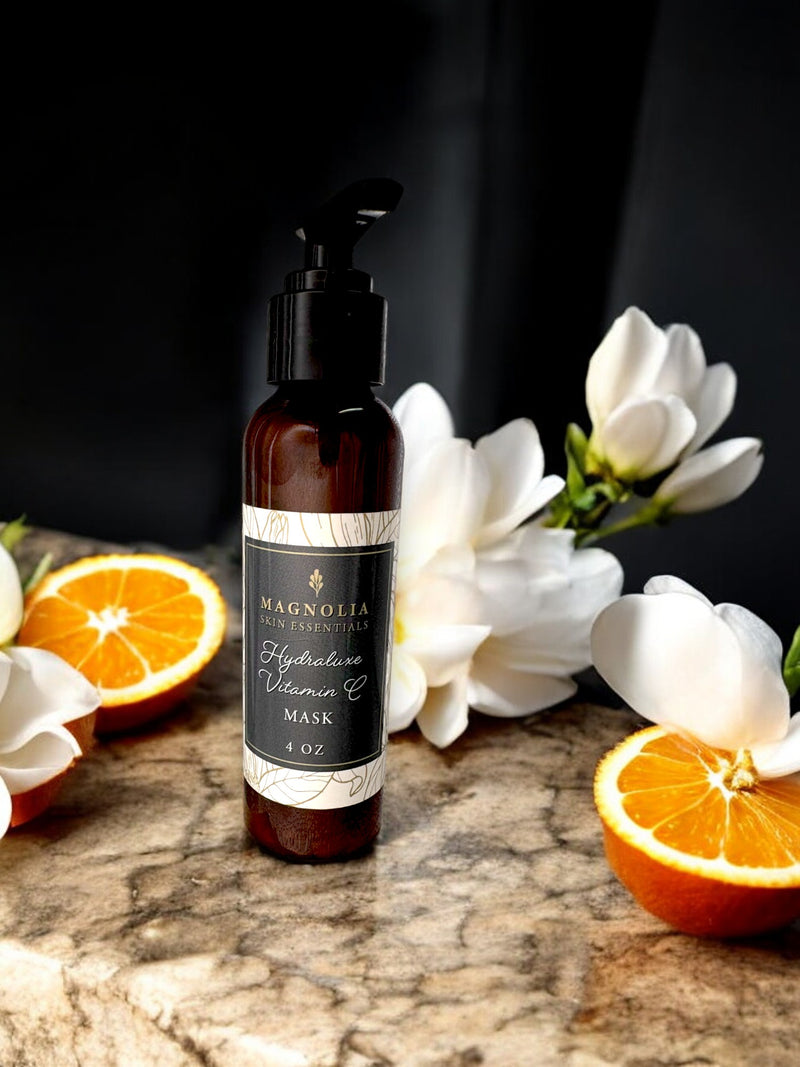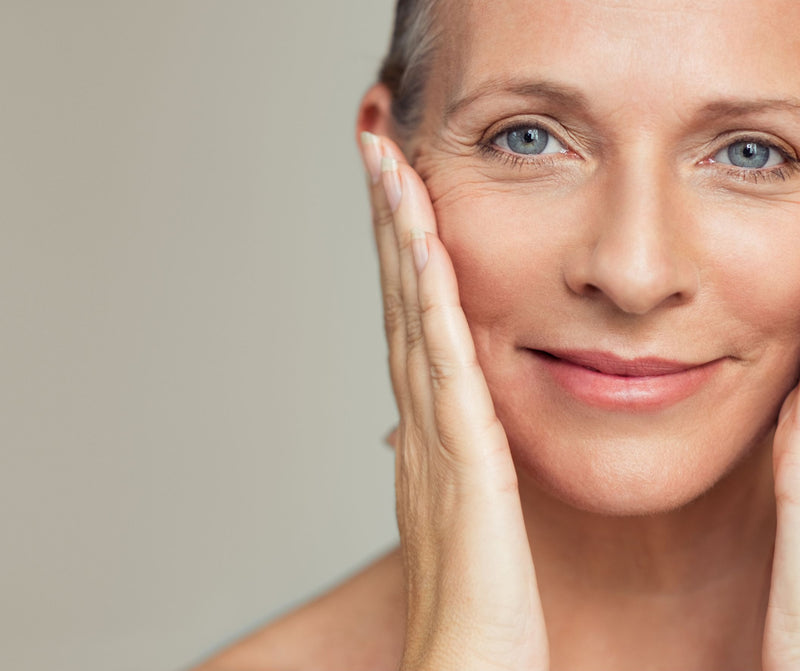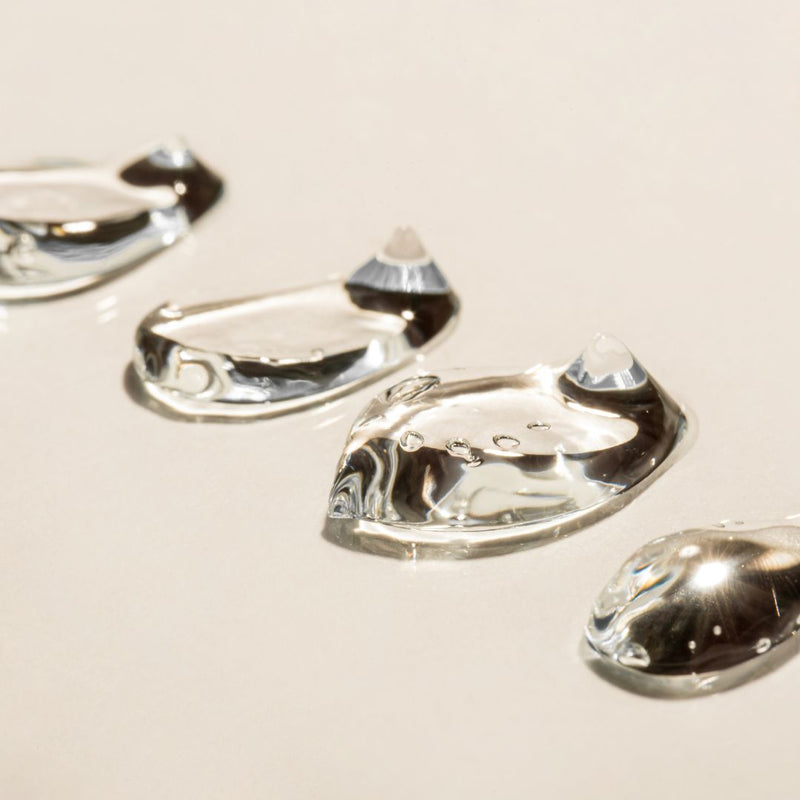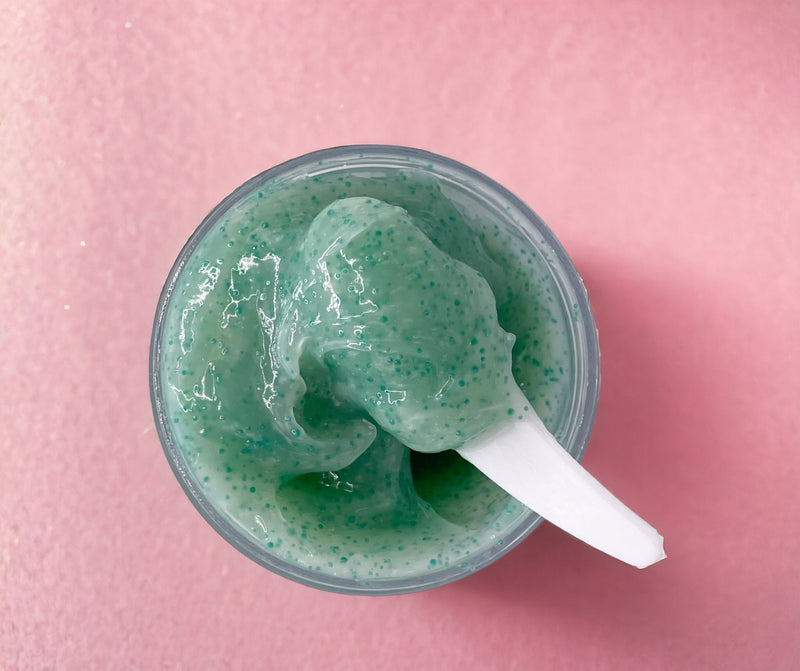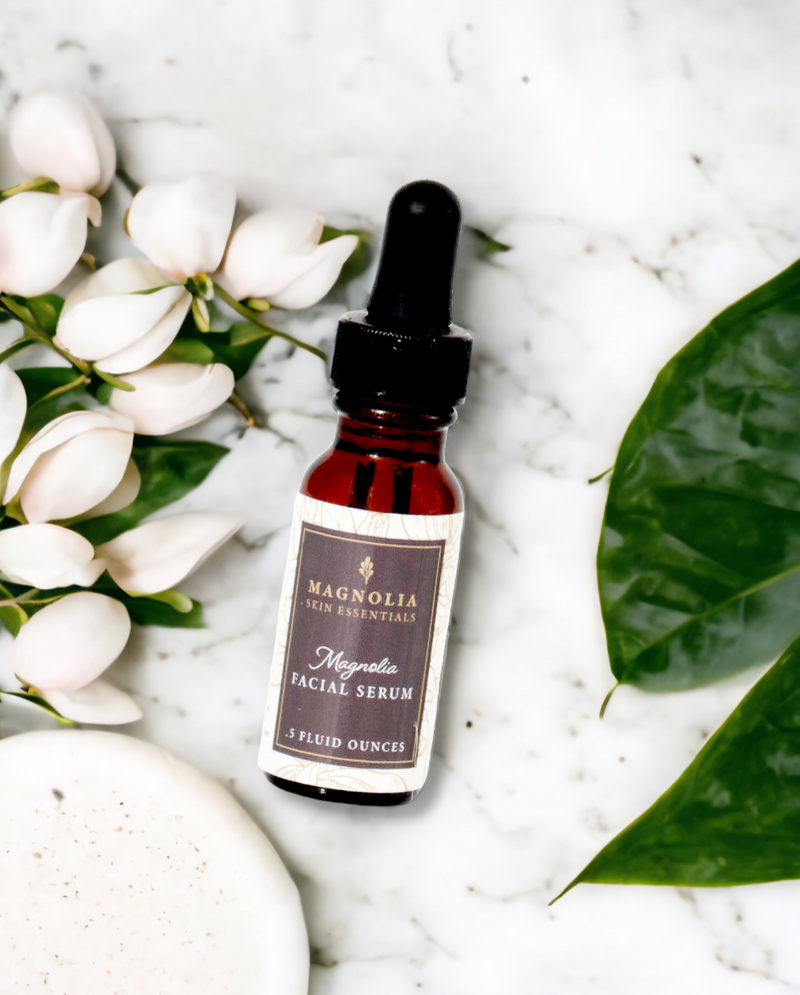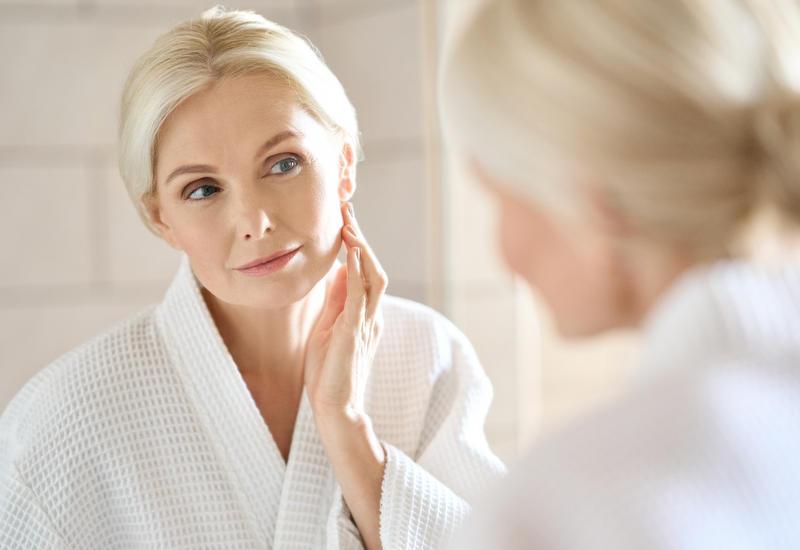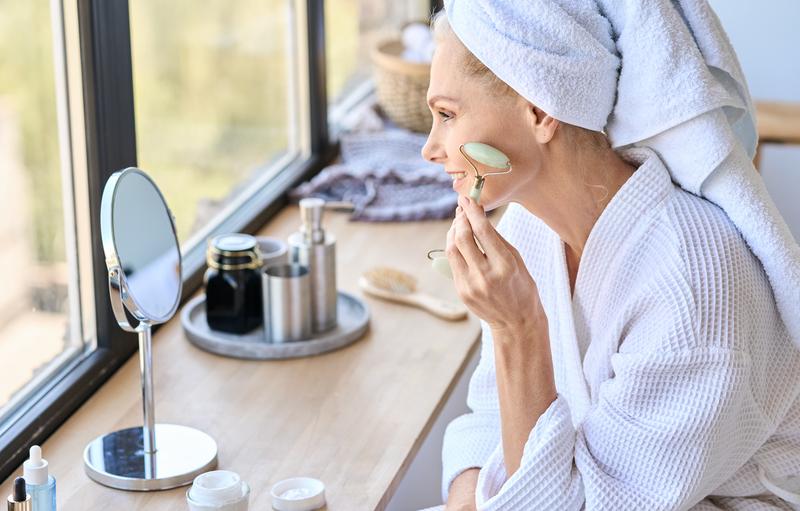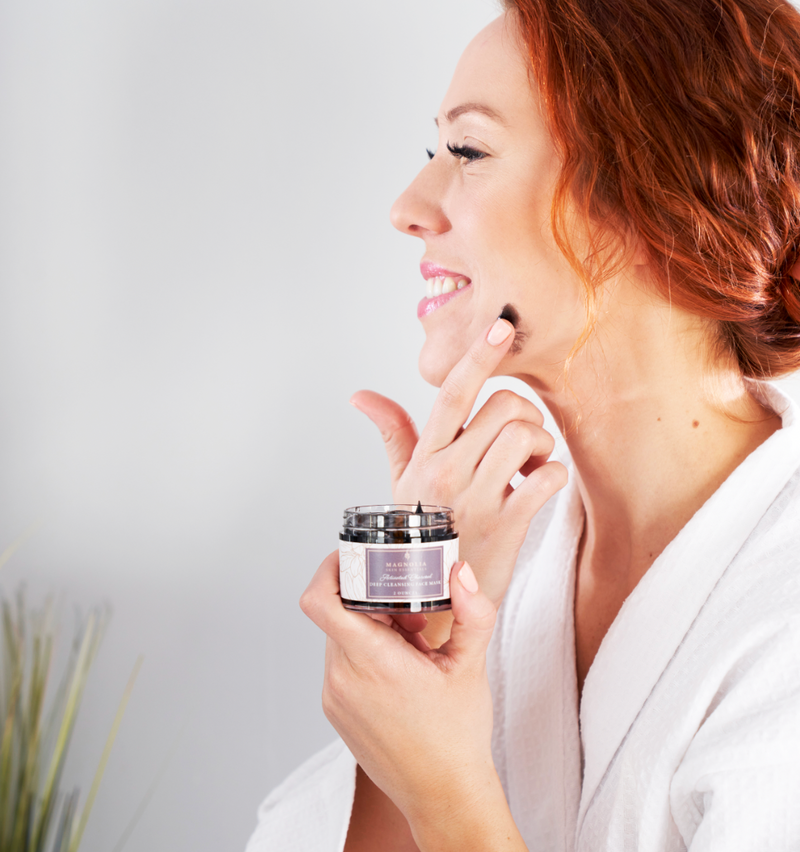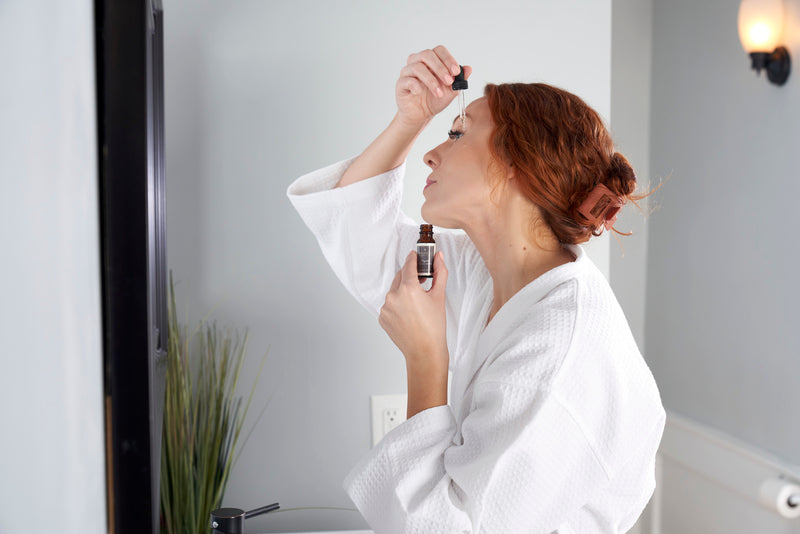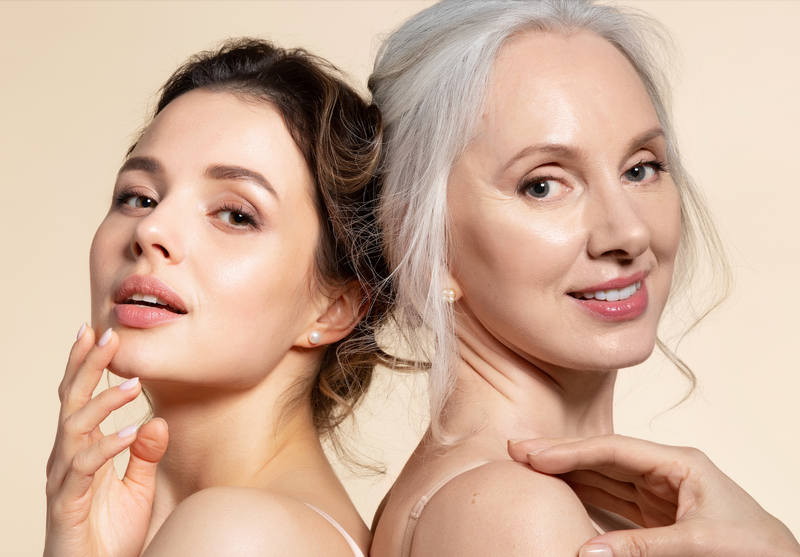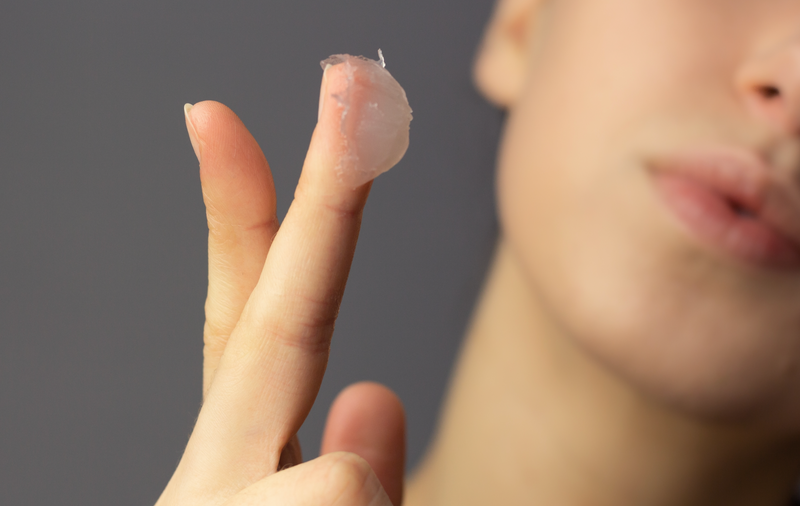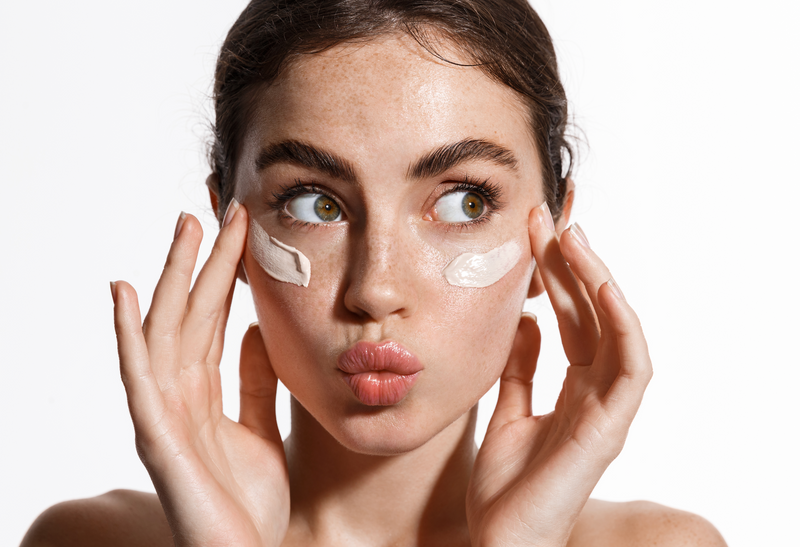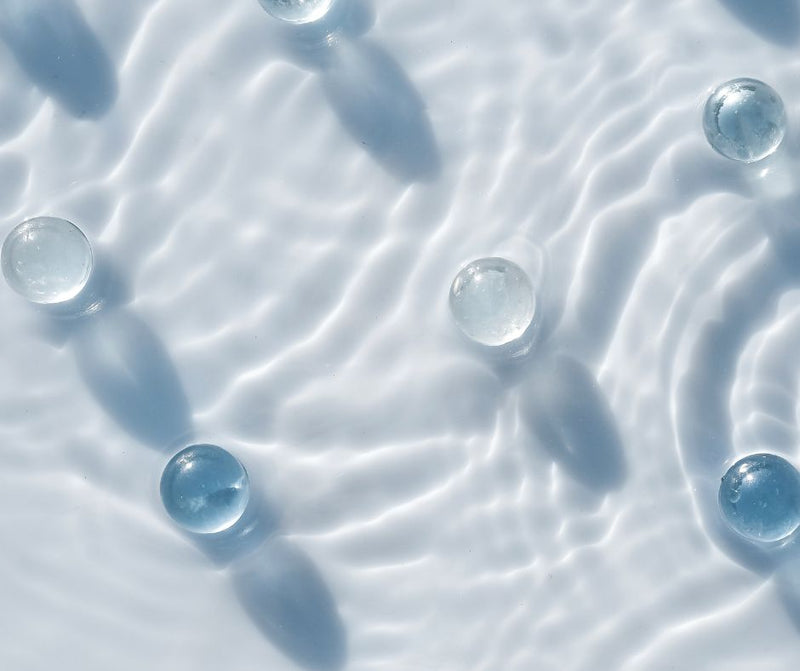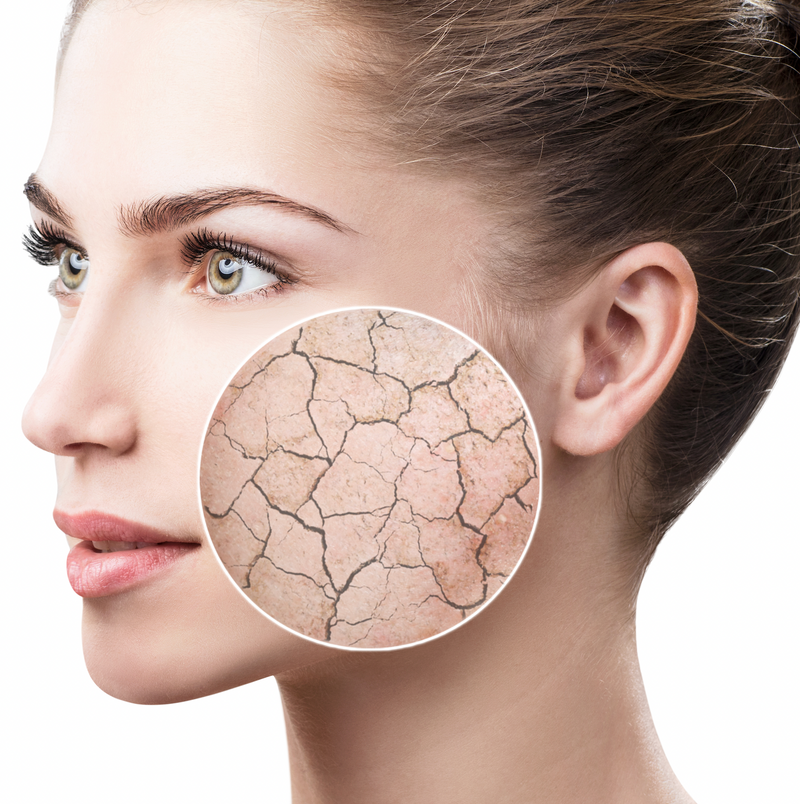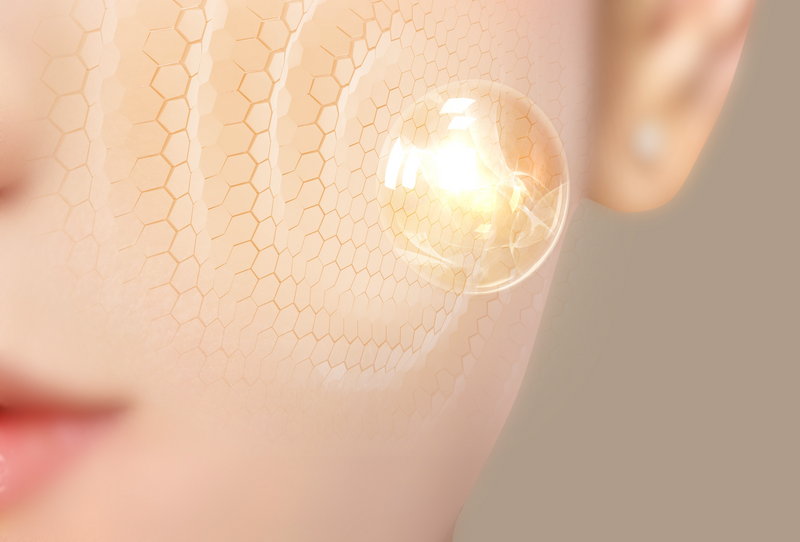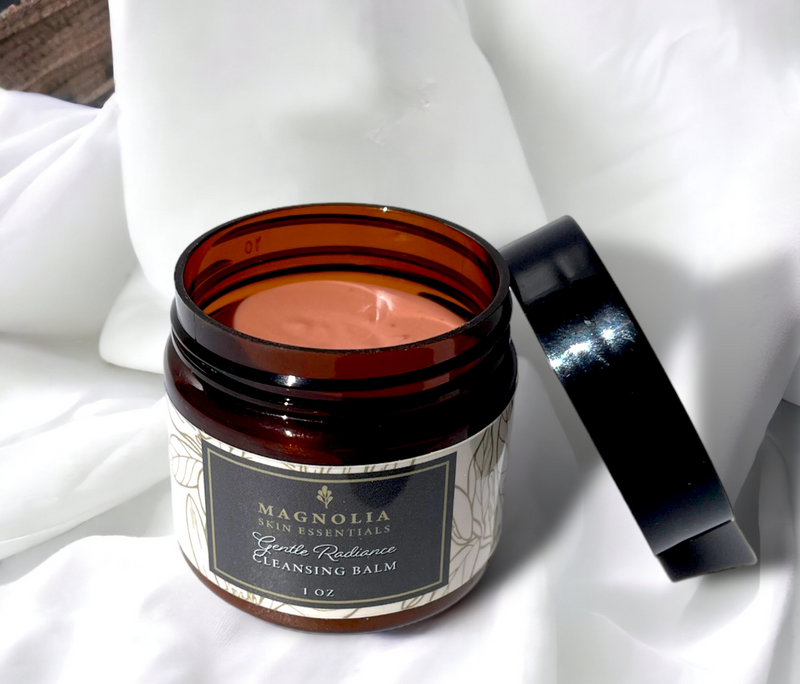Spring is here and the pleasant, warm weather means lots of outdoor activities like picnics, water sports, and farmers’ markets. I love this time of year and enjoy going to local outdoor markets to find fresh produce and handmade crafts.
Last year at our local Farmers’ Market, I stopped by a tent with lots of “all-natural” handmade soaps, salves, beard balms, and so on. I asked the owner what made her products “all-natural” and she replied, “You know, it’s all from nature. Everything that goes into making these products is completely natural in every way.”
But, is that an accurate description? Are “all-natural” products really a sort of “farm-to-table” type of process you can count on? Well, let’s take a look at the definition of this commonly used and highly marketed claim and how that corresponds to skincare/personal care products you purchase.
Consumers assume that a product labeled “all-natural” was created using ingredients that are naturally occurring resources in nature; coconut oil, shea butter, botanical extracts, for example all create a picture of the goodness of nature gathered together and combined in a mixture that will become a lotion, a hair conditioner, or some other product. And to a degree, this is true.
But the reality is that many products promoted as natural are not complete with ingredients that have been harvested from the field and directly used “as is” in product formulations. Many ingredients have been collected from a natural source and then synthesized in a chemical lab.
A perfect example of this would be cetyl alcohol, which is a fatty alcohol derived from vegetable oils and acts as a thickening agent or emulsifier (It has nothing to do with the kind of alcohol you rub or drink). Cetyl alcohol is an ingredient commonly used in lotions and other skincare products. Another example would be using a natural preservative like Germall Plus, which is used in water-based products such as shampoos or liquid soaps. Both cetyl alcohol and natural preservatives are derived from natural sources, hence the “natural” aspect, however both are synthesized (chemically altered) in a laboratory. So to say they are “all natural” is not entirely accurate.
I think there are better ways to describe this personal product trend (the “all-natural” trend isn't really that new, as it actually became popular in the 70’s) that is more accurate and genuine. Personally, instead of using the term “all-natural” I prefer to describe the “clean” nature of Magnolia Skin Essentials’ handcrafted skincare products as “free from.” They are free from formaldehyde (a known carcinogen), free from parabens, sulfates, and phthalates (endocrine disruptors), and other toxic chemicals.
But even with this clarification, it’s very important to pay attention to the ingredient list on the label of a product that claims to be “all-natural” because in many cases, it’s a false claim.
For example, I recently looked at a line of products claiming to be crafted from only all-natural ingredients. Despite this claim, I found four of the nineteen ingredients listed in their shampoo to be 100% un-natural: PARFUM (synthetic fragrance), CI 17200 (a red synthetic dye), iodopropynyl butylcarbamate (a toxic preservative), and DMDM HYDANTOIN (toxic preservative). In fact, DMDM hydantoin is a formaldehyde releasor and can cause severe allergic reactions. According to the Environmental Working Group (EWG.Org):
“DMDM hydantoin is an antimicrobial formaldehyde releaser preservative. People exposed to such formaldehyde-releasing ingredients may develop a formaldehyde allergy or an allergy to the ingredient itself and its decomposition products. In the U.S., approximately 20% of cosmetics and personal care products contain a formaldehyde-releaser and the frequency of contact allergy to these ingredients is much higher among Americans compared to studies in Europe.”
My goal in sharing this information is not to scare you, but inform you. If you are a savvy shopper and are looking for products with ingredients that won’t cause allergic reactions or other harsh effects, you have a right to know what you are purchasing and what marketing terms mean.
Many people are not concerned with the ingredients in their shampoos, deodorants, and other personal care products, they just want them to deliver results so they can look their best and there is nothing wrong with this at all. But, if you are concerned about the ingredients in the products you use on your body – and more importantly that the companies selling you products are accurately representing the products they are selling you, I encourage you to be vigilant when considering products that are labeled as “all natural.” Make sure what is being marketed is really what you are paying for.
Image by Freepik.Com

